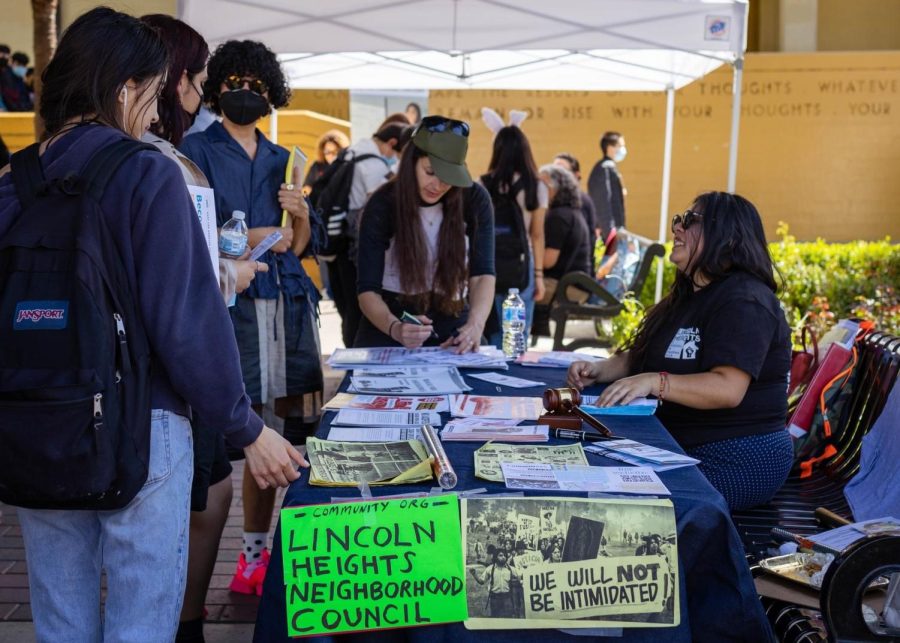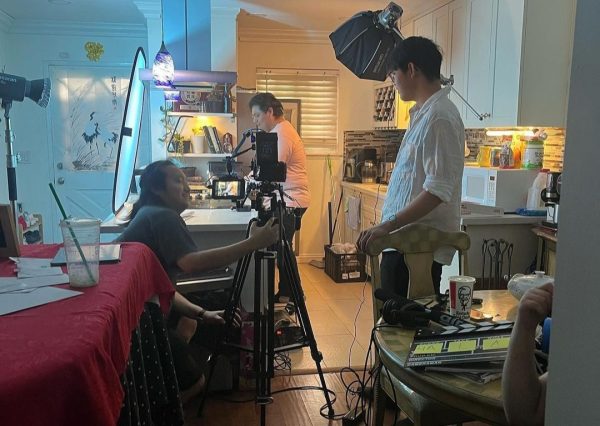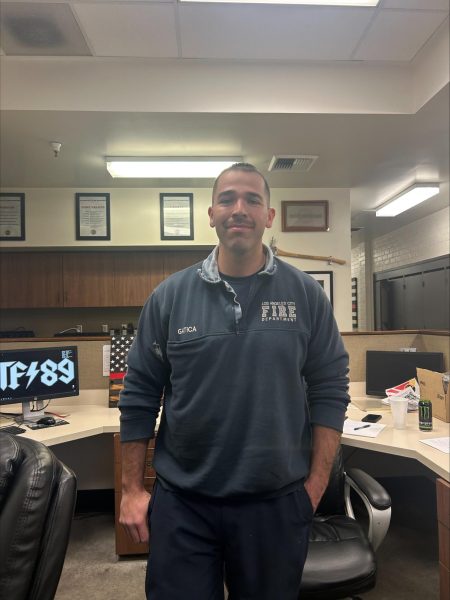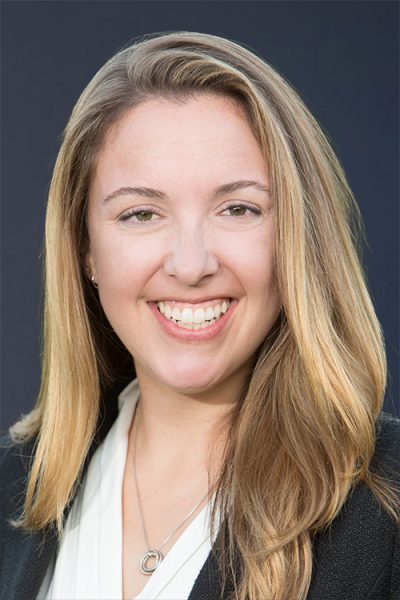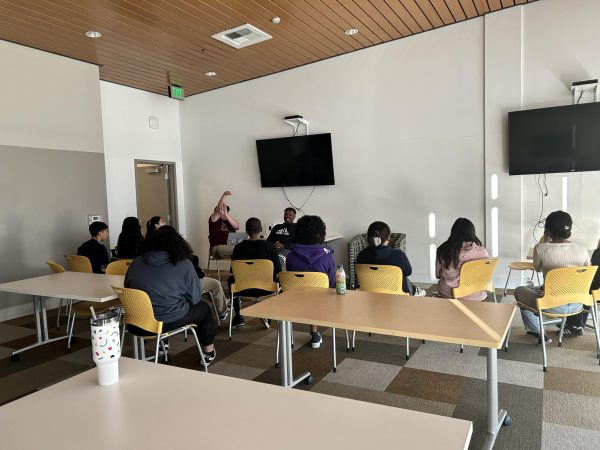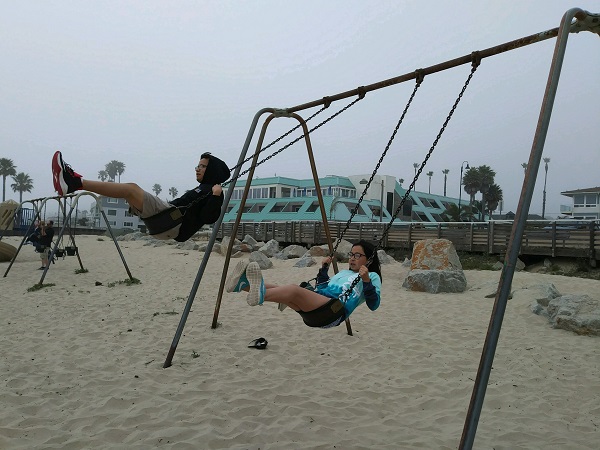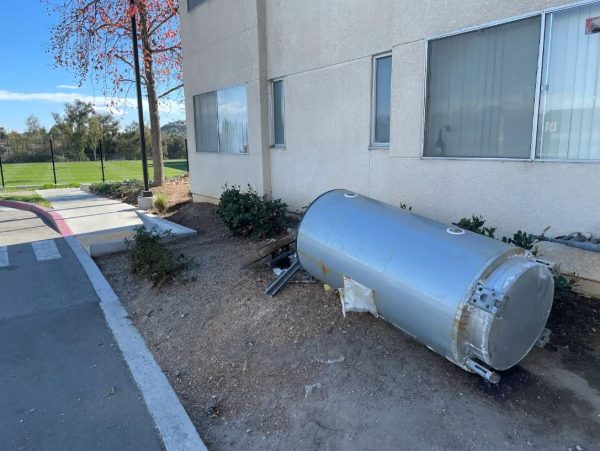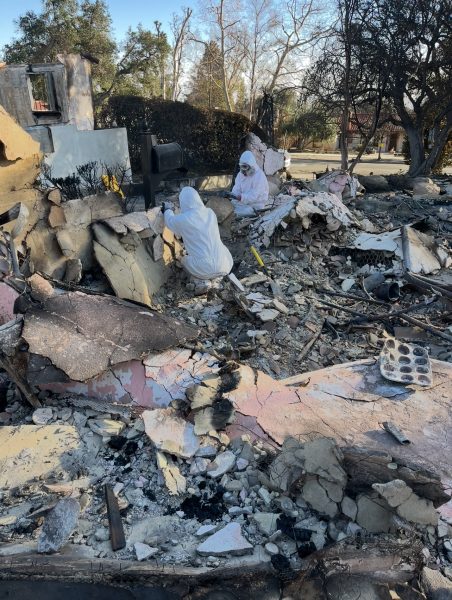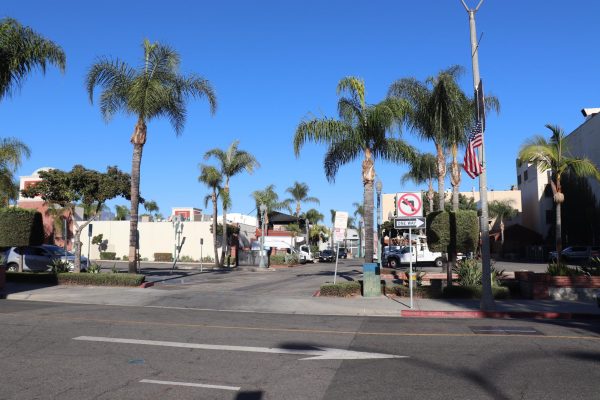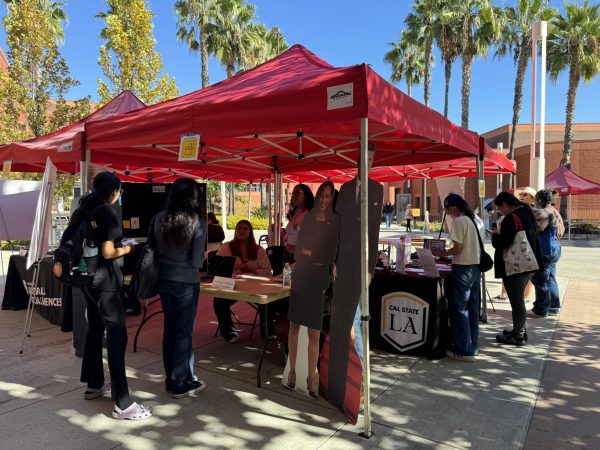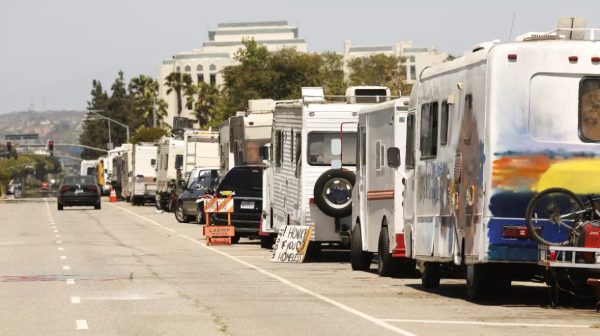Her Lincoln Heights business was torn down to build a luxury apartment hotel. Now, she’s fighting inequities and making residents’ voices heard
Lincoln Heights Neighborhood Council President Sara Clendening [in the middle] leaning over the table. 2022 photo courtesy of Sara Clendening.
Gentrification, displacement, housing affordability, lack of equity, crime, and safety.
These are some of the most pressing issues facing Lincoln Heights residents, according to the neighborhood council’s president, Sara Clendening.
Clendening, who has been president since May 2021 with a four-year term ending in 2025, described what is happening in Lincoln Heights and what can be done in an interview last week with UT Community News.
How long have you been president and why did you decide to run for Lincoln Heights’ neighborhood council president?
“For a couple of years, I was battling a developer that eventually tore down my business to build a luxury apartment hotel. Then my boyfriend, who lived next door, got displaced and was murdered. So, that is when I said the community needs to be aware and alerted of what is going on with the land use and that is why I started.”
What does the neighborhood council do and how does it help residents?
“We are advisory to the city council members so the community comes to us and then we go to the council members with the issues. We give residents a platform to make their voices heard on a city level. Whereas otherwise, they would just be screaming into the air or frustrated.”
What are the biggest public issues facing folks in Lincoln Heights?
“Gentrification, displacement from upzoning, lack of equity, pollution, and the green spaces becoming mansions. So city planning and the whole land use is still inequitable, and that’s one of the main issues when it comes to poverty and even crime: The displacement of our community into the streets.”
What have been the biggest changes since you became president?
“Now we have a lot of young people and kids that are eager to engage, and they want to be part of the change. These young people are graduating from Lincoln High School and they are not going to be able to live here because of the displacements and gentrification. So they want to fight to stay in our neighborhood because they grew up here for generations. So, they are participating in the hearings and voting to change because before, it was more just older people concerned over these issues.”
Do you have a sense of how housing prices, the economy and crime rates compare in Lincoln Heights with other parts of L.A. County and how that’s changed over time?
“The housing prices have always been pretty low here but now the prices are skyrocketing because of the richer people and investors coming into the neighborhood, and then flipping houses and getting entitlements to rezoning for high-density projects. Since the beginning, there is a history of LAPD brutality of shooting unarmed kids in our neighborhood. There are a lot of people with mental illness who are pushed in this neighborhood from DTLA’s Skid Row because of gentrification. There are patients from hospitals being dumped on our streets and they don’t know where they are. So we are trying to figure out what is happening because there is a new rise in a lot of weird crimes going on.”
How do some of these issues affect Lincoln Heights residents, employees, and local business owners?
“Well, we don’t really have many businesses anymore because of gentrification but the community is so close-knit, and [almost] everybody knows each other. Business owners are scared for their safety also because on Broadway there are a lot of mentally ill people right now. So, sometimes they call me and ask me to go there at night when they close to make sure nobody comes in and does something crazy. For example, the guy at the dollar store got smashed in the head with a metal pipe. The police told us that because our council voted to defund the LAPD after the fireworks bombing in South Central, they told us that they can only give us one patrol car.”
Is there anything else you think residents should know?
“They should know that we don’t get paid to do this but our reward as council members is to defend our community and to create a future for our community. It’s about educating people on the system, and the young generations are the future. We are talking about basic human rights and that is what the council is defending such as the health, safety, and welfare of the people. We use our platform to shine a light on these issues to get some justice and attention so we encourage everybody to just take direct action and join their councils.”
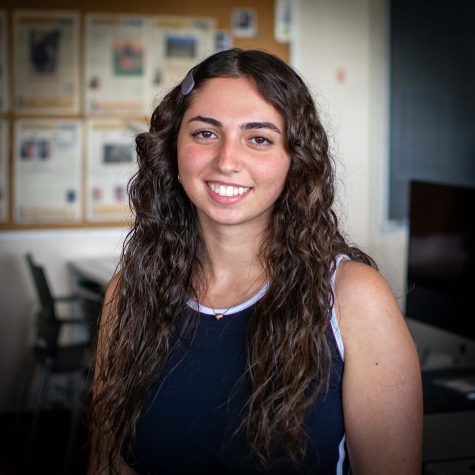
Denis Akbari is a senior majoring in Computer Information Systems with a minor in Journalism and she works for the University Times as Digital Editor....

